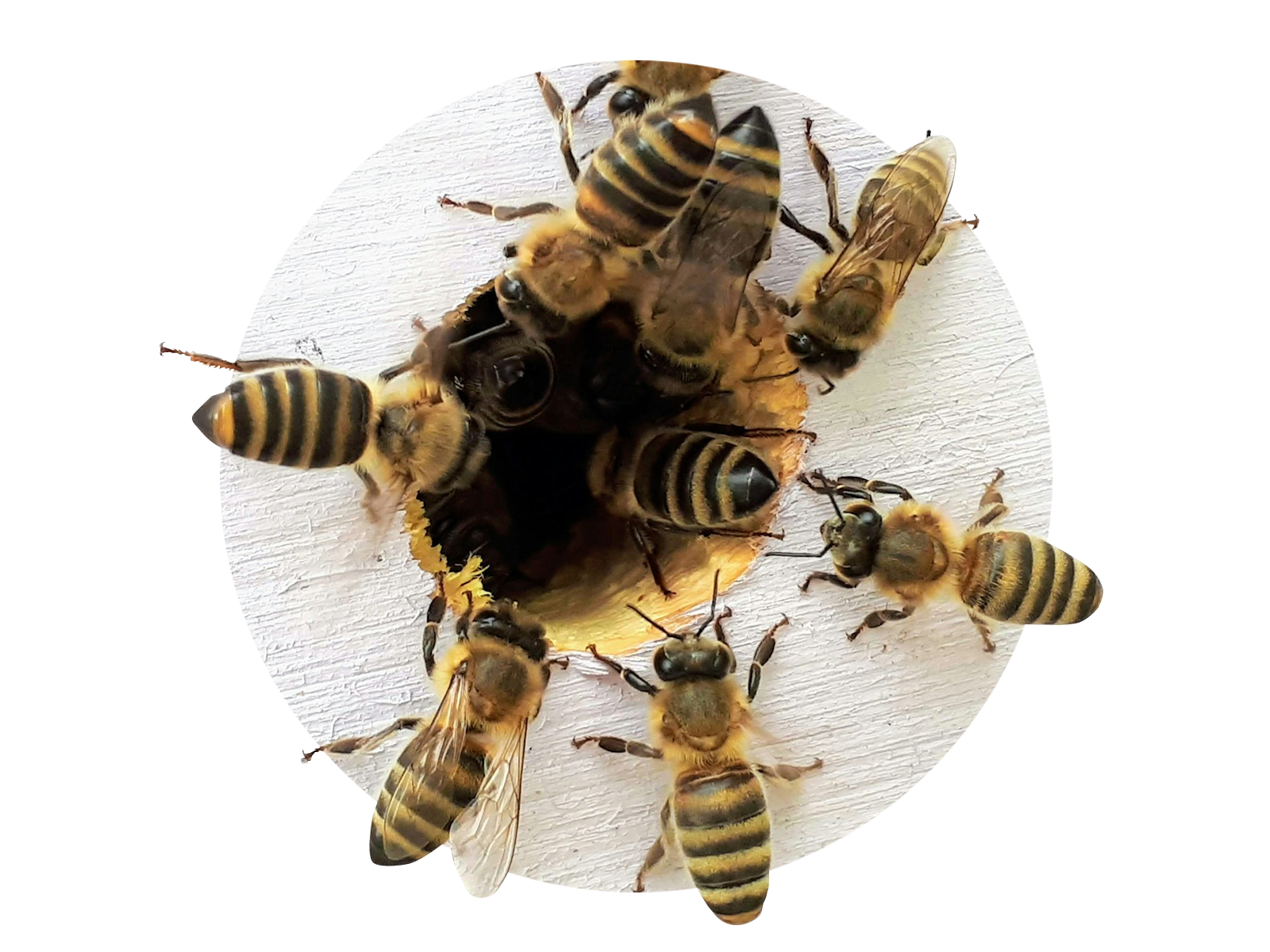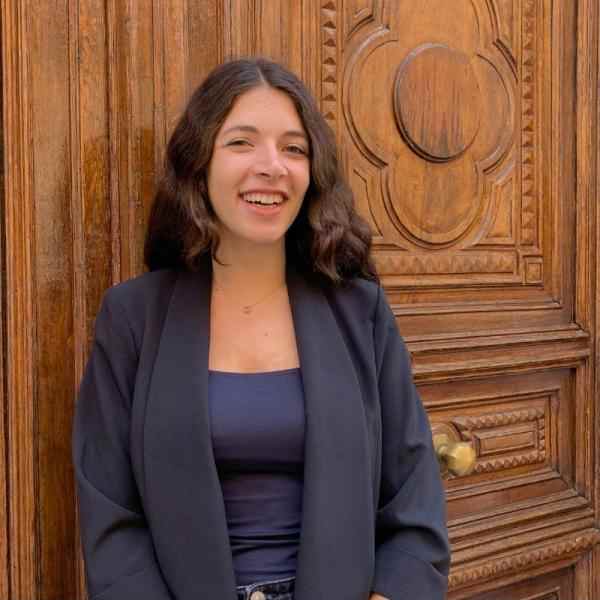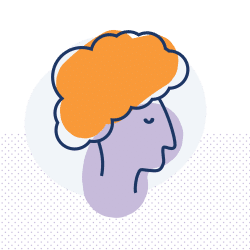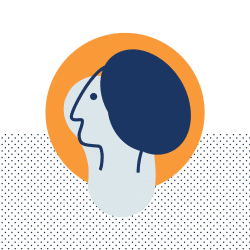This experience provided a brilliant roadmap for implementation and an affirmation of principles for weaving and collaborative work. I want all of my colleagues and partners to participate, and am excited to continue this learning journey!

Leading Multi-Stakeholder Collaborations
A 3-month experiential learning journey, specifically designed for members or facilitators of existing collaborative initiatives, who want to gain new knowledge and skills on how to lead multi-stakeholder collaborations in a more effective, equitable, and systemic way.
Course dates:
February 6th – April 24th, 2025.
Registrations are now closed. Stay updated on the next edition of this course by signing up to our Newsletter.
About the learning journey
One of the key insights social entrepreneurs have surfaced time and time again is that deep, long-lasting, transformational systems change requires collaboration among diverse groups of stakeholders. Working at a cross-sector and cross-organizational level can be as complex as the issues those coalitions seek to solve. Challenges of facilitation, leadership, organization, implementation, funding and more can hinder the impact of multi-stakeholder collaborations.
We created this course to support and equip existing collaborative initiatives with tools, mindsets, and methodologies to deepen their collaboration processes.
We are selecting teams of 3-4 people representing networks, coalitions and collaborative initiatives to embark on a 3-month experiential learning journey. You will get access to training videos and resources as well as live facilitated sessions to deepen your learning among peers and trusted experts.
Learning objectives:
- Gain practical tools and learn new strategies to create successful conditions for even the most complex collaborations and apply them directly to your work.
- Reflect with peers and/or with your team members on how these learnings affect our own awareness, intentions, and choices as leaders.
- Work side-by-side with other members of your collaborative initiative, learning and co-creating together, to then enhance the capacities of the whole group.
- Receive guidance from experienced facilitators, learn from concrete collaboration cases, and share your experiences with other peers and like-minded changemakers.
Who this is for
We will select 8 to 10 teams representing coalitions, networks, or other multi-stakeholder collaborations. The selection process consists of a questionnaire and a short interview.
Applicants must already have 2-3 team members (as part of their coalition) whom they will join the process with. The application is open to:
- Ashoka Fellows and members of their team
- Ashoka Young Changemakers
- Ashoka Support Network members (ASN)
- Ashoka staff
- Ashoka corporate partners and their employees
- Ashoka School Change leaders and educators
- Other Ashoka allies and collaborators
- Other changemakers leading or participating in consortiums
- Teams within institutions that are key to accelerating changemaking (international organizations, corporations, government or media)
If you are not yet part of the Ashoka network, you are also welcome to apply. We might ask you to share more context about your work or to join a quick selection interview.
We have launched an online self-paced version of this course, open to anyone. If you are a social entrepreneur or change leader who isn’t part of a multi-stakeholder collaboration process yet but is interested in learning about the foundational work of effective collaboration, you can register here for the self-paced edition of this online course.
Registrations are now closed. Stay updated on the next edition of this course by signing up to our Newsletter.
Practical information
Format:
-
8 modules released within a 3-month period, with training videos and exercises to be completed independently by each team (estimated 2 hours per module)
-
Bi-weekly facilitated online sessions with the community, to learn about concrete cases of application and benefit from peer-to-peer learning (90min each)
Course dates:
The estimated commitment for each independent learning module is 2 hours per week. To make the most of the course, we highly encourage teams to go through all material that will be provided module by module and apply the learnings and tools to their collaboration processes.
The live sessions are 90 minutes each. To gain the most from this experience, attending these is strongly recommended, as they are unique opportunities to receive guidance from experienced facilitators and other members of the Ashoka community participating in the journey.
Modules
Module 1 - Course essentials: what kind of collaboration are we aiming for?
Module 2 - Mapping the journey: What are the common phases and patterns of collaboration?
Module 3 - Culture of Collaboration: How do we enable a strong, integrative, lasting culture?
Module 4 - Collaboration & I: Change starts with me - how do I show up in this work?
Module 5 - Finding the guiding star: How do we find alignment and a powerful shared intent?
Module 6 - Building the change system: Who do we involve and learn from in the system?
Module 7 - Convening the change network: How do we get the system in the room and make sense of it together?
Module 8 - Getting to action: How do we prioritize, prototype, scale, and fund the network’s work?
Module Leaders & Facilitators

Léna Borsoi
Léna Borsoi co-leads the learning journey "Leading Multi-Stakeholder Collaborations" of the Europe Fellowship program. She also co-created and co-leads collaborative initiatives gathering, respectively, Ashoka Health Fellows and Gender fellows who are are analyzing systemic issues in their region and joining forces to address them.
For several years, she has been researching and working on the nexus between leadership and impactful cross-sector collaborations, more particularly as a program manager for the Executive in Residence program, supporting collaboration between corporate leaders and social entrepreneurs.

Luzette Jaimes
Luzette works on social ecosystem activation and system change through the design and facilitation of transformational learning processes. She works in the areas of human development, being-well, and awareness-based leadership development for Changemakers.
For two decades she has focused on social entrepreneurship through different roles at Ashoka, including launching Ashoka’s Learning & Development to deepen an organizational learning culture in support of their vision of accelerating the emergence of an “Everyone a Changemaker” world.
Luzette is the founder of Alive & Thriving, LLC, a human development incubator for individuals and groups, and co-founder of Consciousness Coalition (CoCo Labs), a collaboration initiative to integrate human development into community development. Luzette is adjunct faculty at George Washington University Center for Public Leadership’s e-co Leadership Coaching Program. She holds a BA in Finance & Intl Rel, a MSc in Holistic Science (whole and complex systems). Professional Certified Coach PCC, Theory U facilitator, Being-well coach and mindfulness practitioner.

June Wardé
June is one of the co-leaders of the "Leading Multi-Stakeholder Collaborations" learning journey. She has worked as a facilitator, community manager, and organizer for multiple initiatives within Ashoka, notably in the fields of Health and Green Changemaking.
She is also a challenge manager for Ashoka Changemaker Challenges, where she builds global engagement journeys for changemakers, surfaces trends in specific fields, and enables connections within ecosystems.
June has a background in behavioral sciences, with a passion for understanding human behavior and decision-making in the context of social change.




